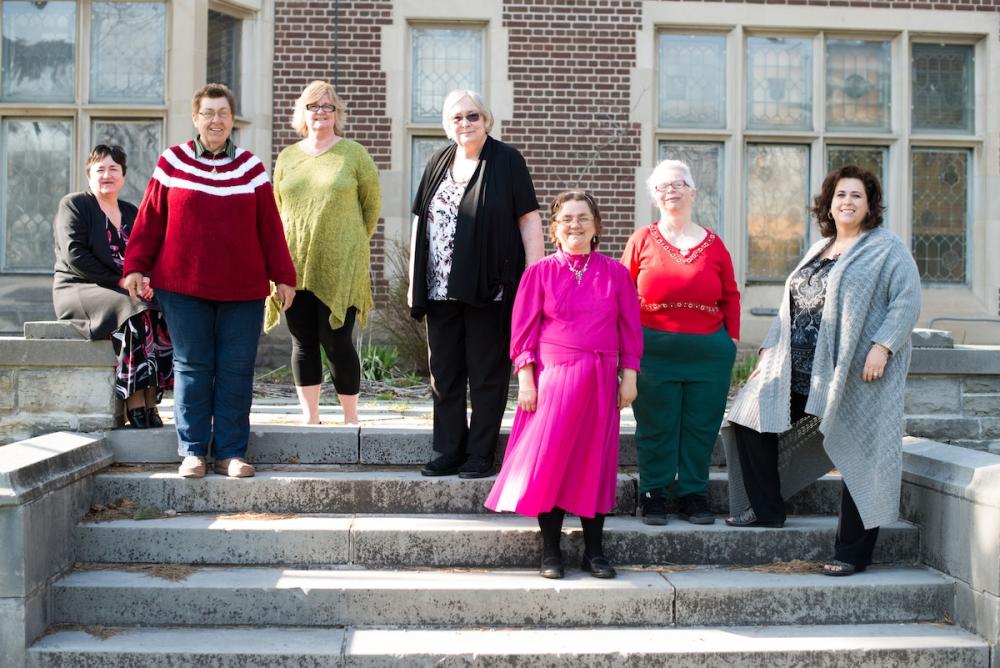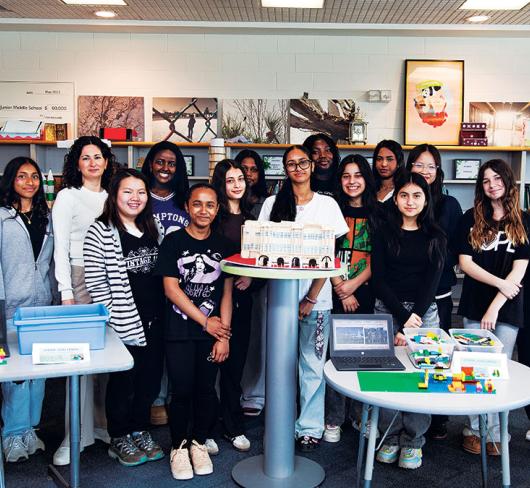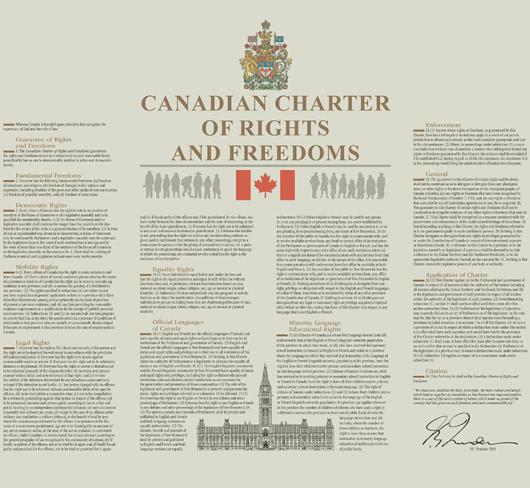
Making Connections: A Women's Literacy Program in Durham
You know you are doing something right when your students beat you into the classroom! Our Thursday night literacy classes at the Oshawa YWCA are eagerly anticipated by the women who arrive early, and greet us with a pot of fresh coffee and completed homework, proudly displayed. We do a variety of classroom activities including basic letter and sound recognition, writing exercises, reading aloud, reading comprehension, and a number of literacy applications available on iPad.
These are our mature students, women who are permanent onsite residents at the YWCA. Some attend our literacy class because their education did not extend past elementary school, while others are working to improve their English language skills.
The intention behind the program was to create an initiative that allowed teachers in our ETFO local to connect and be more involved in the community where we live and work. It was also intended to allow women ETFO members to reach out to other women. Our president, Gerard O’Neill, and second vice-president, Sirkku Meldrum, first approached two local organizations, the YWCA in Oshawa and the Women’s Multicultural Resource Counselling Centre of Durham, who met the idea of developing a literacy program with great enthusiasm, immediately recognizing the unmet need in the community. The program responded to a gap in services for women. Through the YWCA, organizers looked at helping to meet the educational needs of women in the shelter and residence. For immigrant women who were clients of the Women’s Multicultural Resource Counselling Centre, they looked at offering ESL classes.
I became involved when the local reached out to women members, asking for volunteers who were interested in teaching an evening class once a week. It was heartwarming to see the number of other teachers who were willing to assist women in our community, giving up hours of their personal and family time, after having spent the day in their own classrooms. We felt motivated to help other women who, due to life circumstances, did not have the educational opportunities many of us take for granted.
Our literacy program is currently in its third year and both classes are held in the evening, once a week. We follow the school calendar so we observe the same breaks, and continue until mid-June. The Oshawa YWCA class has been growing steadily and is the larger of the two, mainly because with the participants living onsite, it lacks the accessibility restraints many of the women from the WMRCC experience.
As this class offers basic literacy skills, it sometimes involves going back to the recognition of letters and sounds and early reading and comprehension skills. Along with current educational resources and technology, our teachers bring their own tried and true resources and expertise. The women taking part are enthusiastic and thankful for the opportunity to be receiving individualized programming and assistance.
We currently have four teacher volunteers who have dedicated their time to this literacy class every Thursday night since October. Lynn Imbrasas is new to the class this year and teaches grade 3 at Valley Farm Public School in Pickering. Vilma Yearwood is a Durham occasional teacher. Nancy Chambers is a retired principal who was the first Reading Recovery teacher in Durham, and started the first adult literacy program in the region. I have worked with the Durham Literacy Program since its inception and teach grade 7 homeroom and Primary, Junior and Intermediate art, also at Valley Farm.
Teachers work alongside Vera Bala, who is the YWCA’s Interim Housing Outreach Worker, and who can be depended upon to assist whenever necessary. She is a strong supporter of this program, and has witnessed firsthand the progress made by the students.
The need for a large variety of resources suitable for our mature students, ranging in age from their twenties to their early sixties, resulted in our local taking advantage of one of ETFO’s many excellent funding opportunities, the Working with Equity Seeking Groups Incentive Funding. We requested a grant to purchase iPads for the class. Two of our teachers had already been bringing in their own iPads and found them to be excellent academic tools with many literacy-based applications.
Our funding application was approved and we were thrilled to find we had been granted a total of $2,000! With that, and the generosity of a local electronics store, we were able to purchase a total of four iPads complete with accessories.
The iPads have not only ensured the popularity of the class, they have also opened up a whole new world for the women in the program, many of whom have never before used this type of technology. Their enthusiasm and eagerness to learn have soared, as they master a variety of educational applications. We saw a direct correlation between women acquiring these new skills and growth in self-confidence.
All of the teachers working in the program, and the Durham Local executive who made it happen, feel so privileged to be able to provide this unique learning experience. It is an opportunity to show our commitment to education and to our community, and to learn from the diverse experiences of our community members.
As women teachers we find this particularly rewarding because of the impact not only on our students’ literacy development, but also on their self-esteem and perception of self-worth. This experience has made us all more aware of the need for society to recognize that so many women are not given the opportunities they are entitled to, and that we must remain vigilant in fighting for their most basic rights. And so we carry on, enjoying our students and celebrating their successes.
As teachers, we have the desire, the knowledge, the resources, and the experience to help in this way. We also have the responsibility. Education is the doorway to equality. It must be accessible to all!
If there is a need in your community, encourage your local to get involved. The Durham Local partnered with community organizations, calling on teacher volunteers, accessing resources, and obtaining permits where required. As a result of local and provincial support there was no cost to the community partners. We made use of funding offered through ETFO and made contacts in the business community to procure iPads. Our literacy program takes significant time and effort, and it is worth it.

